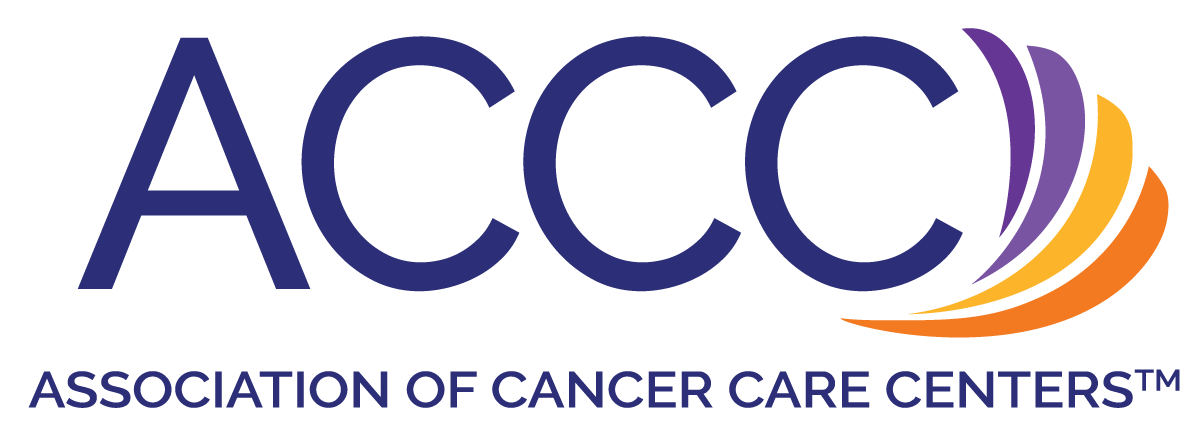
Association of Community Cancer Centers Collaborates With AstraZeneca to Launch National Initiative to Support Quality Care Initiative for Stage III and IV Non-Small Cell Lung Cancer

Rockville, MD — The Association of Community Cancer Centers (ACCC) is pleased to announce it is collaborating with AstraZeneca, a global, science-led biopharmaceutical company to support a national quality care initiative for patients with stage III and stage IV non-small cell lung cancer (NSCLC).
Lung cancer remains the leading cause of cancer death in the United States with non-small cell lung cancer (NSCLC) accounting for the vast majority (80 — 85 percent) of newly diagnosed cases. Growing knowledge of NSCLC subtypes and molecular biomarkers for this disease has led to changes in how NSCLC is diagnosed and staged. As a result, treatment planning and decision-making have become more complex, particularly for patients diagnosed with locally advanced (stage III) and metastatic (stage IV) disease. Although more treatment options are now available for these patients, fragmentation in the U.S. healthcare system often impedes consistent access to optimal care.
To improve interdisciplinary communication and care coordination for patients with stage III and IV NSCLC, the Association of Community Cancer Centers (ACCC), along with partner organizations the American College of Chest Physicians (CHEST), the International Association for the Study of Lung Cancer (IASLC), and LUNGevity Foundation, is launching a multi-phase initiative, Fostering Excellence in Care and Outcomes in Patients with Stage III and IV NSCLC. This initiative will identify barriers to care excellence and provide guidance and support for process improvement projects centered around issues key to advancing optimal care for this patient population. The project will include process improvement models developed and tested across a variety of care settings from large academic institutions to smaller community programs or practices. The project is made possible by support from AstraZeneca.
The complexity of lung cancer care requires interdisciplinary communication and coordination among multiple medical disciplines, including primary care physicians, pulmonologists, thoracic surgeons, pathologists, radiologists, medical oncologists, interventional oncologists, radiation oncologists, nurse navigators, genetic counselors, and social workers. An initial survey conducted for this project yielded robust cross-discipline responses providing data on current practice patterns, gaps and barriers to care coordination and communication, and other systemic processes that can hinder timely adoption of advances in staging, biomarker testing, and treatment planning for NSCLC.
Read the
Newsletter
Stay ahead of policy, cost, and value—subscribe to AJMC for expert insights at the intersection of clinical care and health economics.








